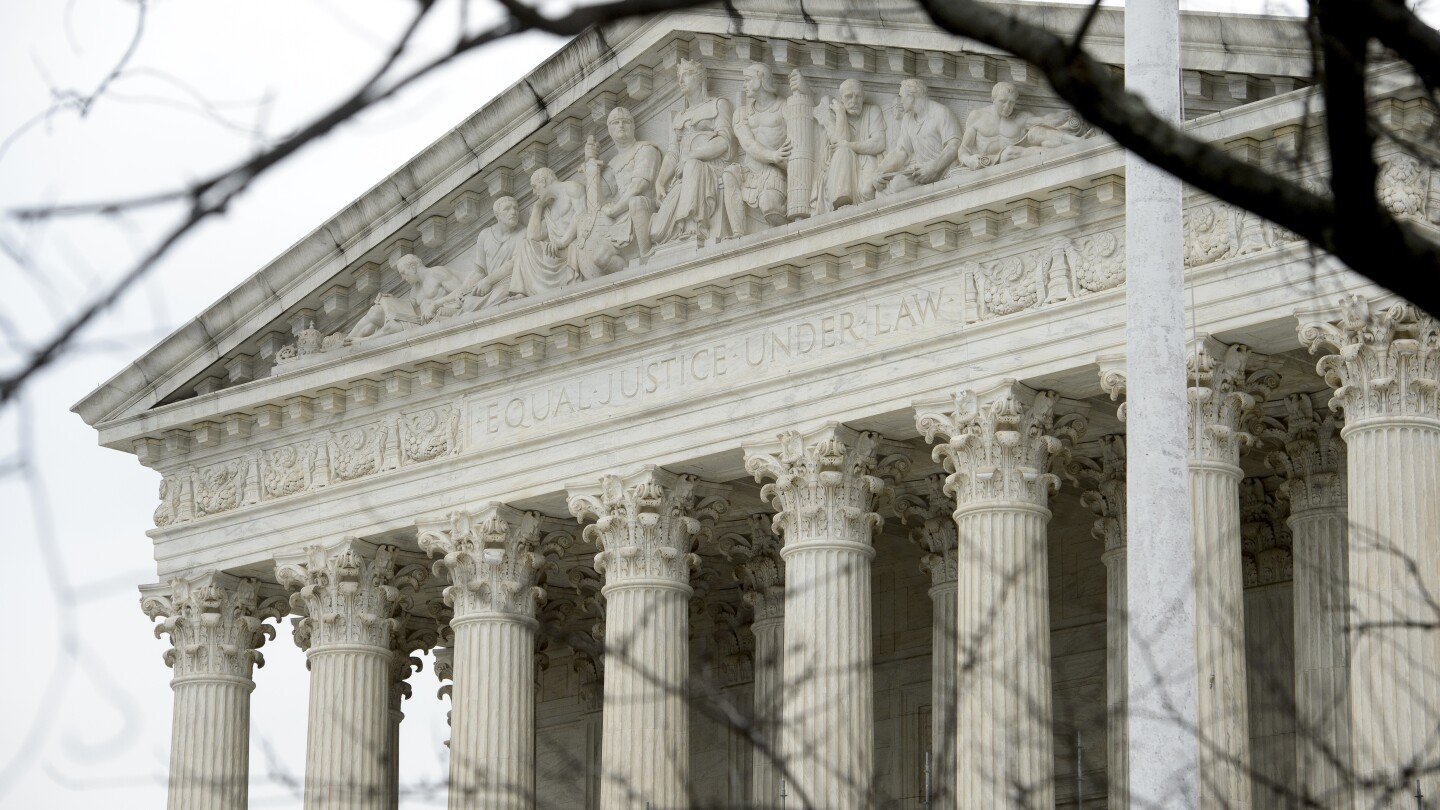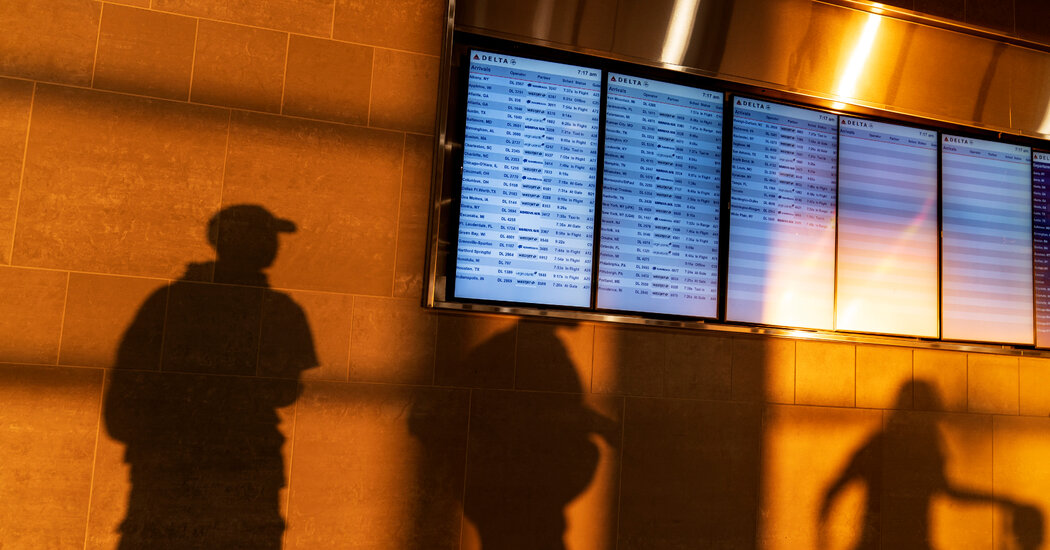Supreme Court Upholds Texas Law on Age Verification for Online Porn

WASHINGTON – In a landmark decision, the Supreme Court has upheld a Texas law designed to prevent children from accessing online pornography. The ruling, handed down on Friday, represents a significant victory for proponents of age verification measures online.
Immediate Impact
The decision arrives as nearly half of U.S. states have enacted similar legislation requiring adult website users to verify their age before accessing explicit content. This legislative movement reflects growing concerns over the ease with which minors can access online pornography through smartphones and other digital devices.
Key Details Emerge
The court’s decision was split along ideological lines, with a 6-3 ruling. Justice Clarence Thomas authored the majority opinion, asserting that the law does not impose serious restrictions on adults’ free speech rights. “Adults have the right to access speech obscene only to minors … but adults have no First Amendment right to avoid age verification,” Thomas wrote.
“Adults have the right to access speech obscene only to minors … but adults have no First Amendment right to avoid age verification.” — Justice Clarence Thomas
Industry Response
The ruling marks a defeat for the Free Speech Coalition, an adult-entertainment industry trade group that challenged the Texas law. Alison Boden, the coalition’s executive director, described the decision as “disastrous,” emphasizing that the law imposes an unfair burden on adults by requiring them to submit potentially vulnerable personal information.
Alison Boden noted that minors have already found ways to access sexual content despite the law’s implementation, highlighting its “massive chilling effect on adults.”
By the Numbers
Over 20 states have enacted laws requiring age verification for accessing online pornography.
What Comes Next
Texas Attorney General Ken Paxton, a Republican, celebrated the ruling, stating that companies must implement reasonable age verification measures to protect children. The decision is expected to encourage more states to adopt similar laws as part of broader efforts to shield minors from explicit content.
Pornhub, one of the world’s busiest adult websites, has ceased operations in several states, including Texas, citing the technical and privacy challenges posed by compliance with these laws.
Background Context
Historically, the Supreme Court has struck down laws that overly restrict access to explicit material. In 1996, the court invalidated parts of a law banning explicit content viewable by minors, and in 2004, it ruled against a federal law aimed at shielding children from pornographic material. However, the court upheld less restrictive measures like content filtering.
Texas argues that technological advancements over the past two decades now allow platforms to verify users’ ages with ease, akin to ID checks at physical adult stores, which were upheld by the Supreme Court in the 1960s.
Expert Analysis
Samir Jain, vice president of policy at the Center for Democracy & Technology, expressed concerns over the privacy and free-expression implications of age verification requirements. He warned that the court’s decision could “upend access to First Amendment-protected speech on the internet for everyone, children and adults alike.”
Regional Implications
District courts initially blocked similar laws in Indiana, Tennessee, and Texas, but appeals courts have since reversed these decisions, allowing the laws to take effect. The Supreme Court’s ruling may pave the way for broader implementation of age verification laws nationwide.
The decision could pave the way for more states to adopt similar laws as one of several steps to prevent children from being exposed to pornography.
The ruling represents a critical turning point in the ongoing debate over internet regulation and free speech, with potential implications for digital privacy and access to information.
Associated Press writers Jonathan Mattise in Nashville, Tenn., Barbara Ortutay in San Francisco, and Nadia Lathan in Austin, Texas, contributed to this report.
Follow the AP’s coverage of the U.S. Supreme Court at apnews.com/hub/us-supreme-court.





